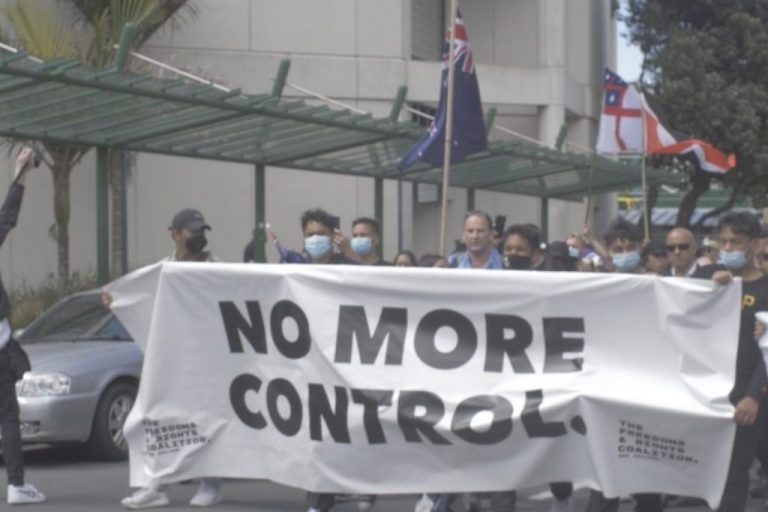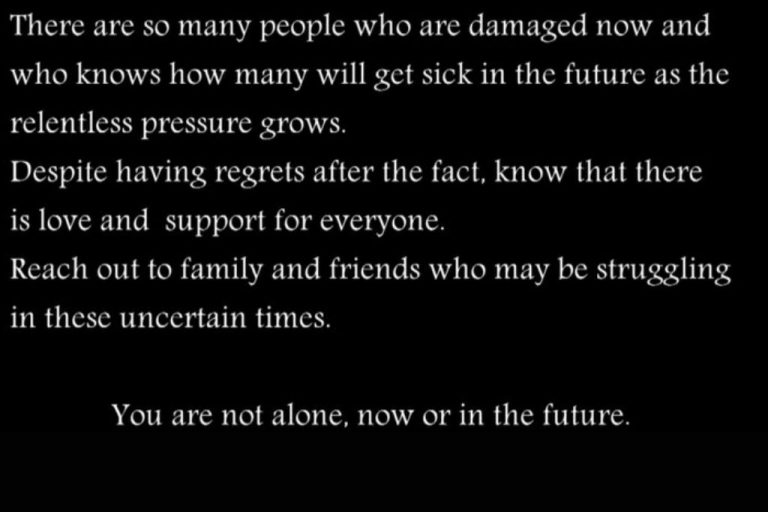Challenging the WHO Pandemic Treaty

Last week the World Health Organisation (WHO) quietly launched a so-called ‘public participation process’ on their proposed global pandemic treaty. They provided the public with almost no advance notice to prepare and deliver submissions which opened on Sunday 10 April and closed on Wednesday 13 April 2022.
Representing the World Council for Health (WCH), Dr Tess Lawrie delivered a video submission during an online meeting with WHO on Wednesday 13 April 2022. WHO staff and other supra-national entities such as UNAIDS and the Centre for Epidemic Preparedness Innovations (CEPI) were over-represented in the meeting. Dr Lawrie wrote about WCH’s concerns regarding the treaty and the inadequate public participation process at her substack, A Better Way to Health with Dr Tess Lawrie: Urgent – my video call with the WHO this morning.
Dr Lawrie describes the significance of this treaty as an undemocratic mechanism intending to override the sovereignty of national governments and individuals. She outlines the ways in which WHO have failed in their public health duties at the expense of populations during the Covid-19 pandemic, by ignoring medical expertise and evidence, disregarding values and preferences of people affected by their recommendations, and ignoring safety concerns related to the mRNA vaccines.
These precedents serve as a dire warning for what lies ahead should WHO’s plans be implemented. Future plans by WHO, discussed during Dr Lawrie’s attendance at the meeting on Wednesday, are to take extraordinary control over people and their governments in the name of “security”. New Zealand Doctors Speaking Out With Science share the concerns of World Council for Health and oppose this pandemic treaty.
During the video submission which was prepared by the WCH Law and Activism Committee, Dr Lawrie informed WHO of WCH’s disagreement that a pandemic treaty is either necessary for, or beneficial to human health. The WCH submission proposed sixteen recommendations, consistent with the values of public health practice and their integral relationship with human rights and democratic processes. The threat WHO now poses to population health by discarding these principles is evident in the inadequate opportunities provided for global citizens to learn about the treaty and participate appropriately in the proposal process.
Intervening on WHO’s deficiencies in protecting the public’s right to full participation in decisions relating to their health, WCH published information about the proposed treaty and how to make a written submission. This included a direct link to the submission page on the WHO website, and a guide outlining points of interest and WHO submission criteria. Online traffic to these pages overloaded the WCH website and server capacity had to be increased. Nevertheless, with limited time, many who might have made a submission had they known, likely missed the deadline. Dr Lawrie estimates that WHO received less than 100 video presentations in the two day timeframe allowed.
Treaty Concerns Can Still Be Heard
For those who were not informed with enough time to make a submission to WHO about the proposed treaty, there are still ways for your voice to be heard. These include:
- Learn what you can about the treaty. Resources are available at World Council for Health and at NZDSOS. Two previous NZDSOS articles are available at:
- Pandemic Treaty – Is This Dangerous for Us? published on 18 March 2022; and
- The WHO and the Pandemic Preparedness Treaty published on 28 March 2022;
- Raise awareness by discussing the treaty with people;
- Engage with government representatives to express your opposition to the treaty;
- Download and read the Formal Notification From Aotearoa Nu Tireni / New Zealand, to World Health Organisation, dated 3 March 2022. This notification reinforces the sovereignty of the people of New Zealand.
Watch: Dr Lawrie Interview
Dr Lawrie discussed the planned pandemic treaty with Maria Zeee on 18 April 2022. Watch here:






One Comment
Comments are closed.